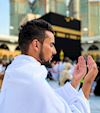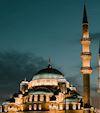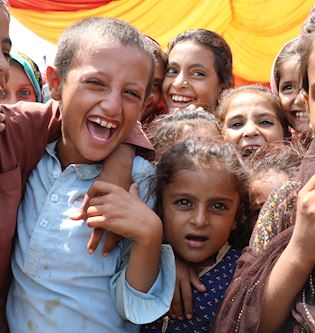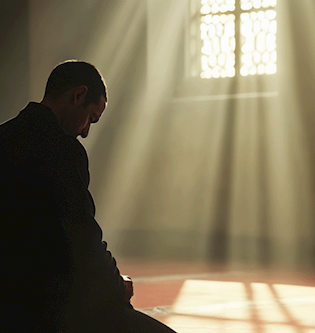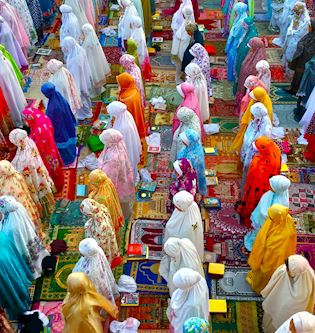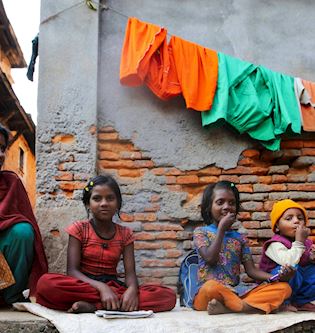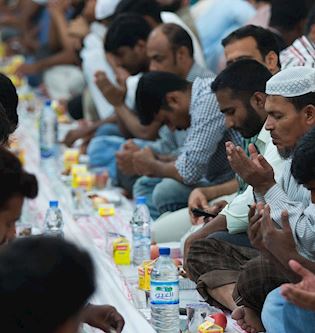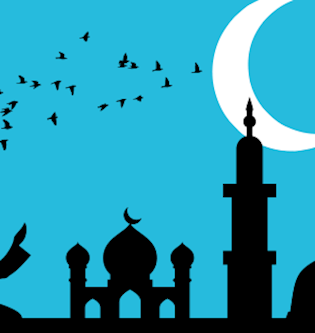Dhul Hijjah: 9 Tips to Make the Most of the Best 10 Days

As we welcome the blessed month of Dhul Hijjah, let us reflect on the ways we can optimize the rewards of the sacred first ten days.
Ibn Abbas (ra) narrated the Prophet (saw) said, “There are no days during which righteous deeds are more beloved to Allah (swt) than these days. Not even Jihad in the cause of Allah (swt), unless a man goes out with himself and his wealth and does not bring anything back” [Sahih].
What is Dhul Hijjah?
Dhul Hijjah, the 12th and final month of the Islamic calendar, is a time of immense spiritual significance. During this sacred month, the annual pilgrimage of Hajj takes place, drawing millions of Muslims from around the world to Mecca.
Learn more about this significance of this month: Dhul Hijjah 2025: A Time for Renewal
When is Dhul Hijjah?
Dhul Hijjah is expected to begin May 28, 2025.
Why are the first ten days of Dhul Hijjah so significant?
The first ten days of Dhul Hijjah are considered among the most sacred days of the year. These days go far beyond the Hajj pilgrimage and offer every Muslim an opportunity for spiritual growth and increased devotion.
Much like the last ten nights of Ramadan, these days are an opportunity to renew one’s faith, seek forgiveness, and earn rewards.
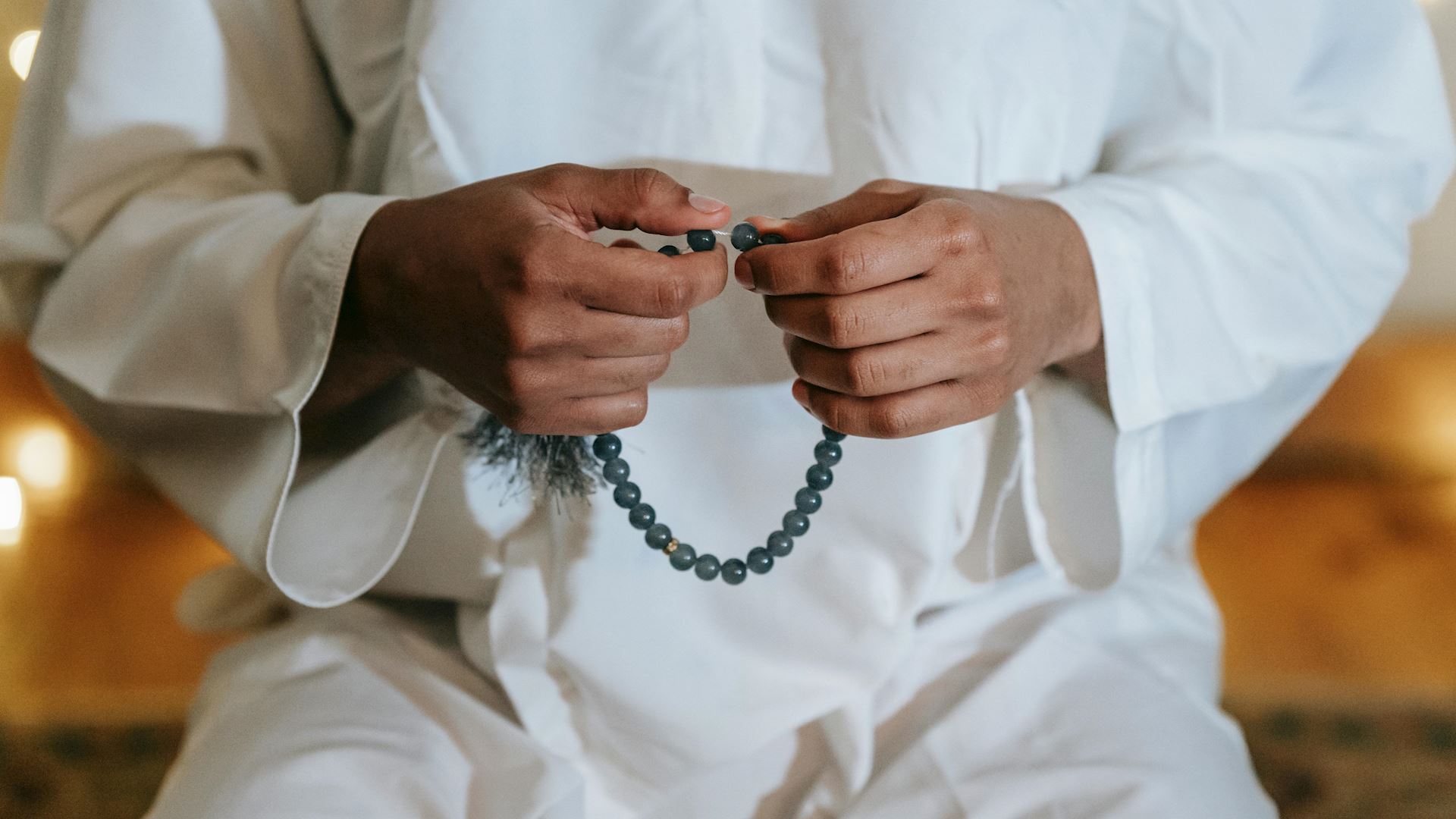
Below, are nine ways to maximize your Ibadah during these important days.
1. Fasting
During the first nine days of this month, it is highly recommended to fast. It is encouraged to fast on the Day of Arafah (9th of Dhul Hijjah), as it is believed to wipe away sins of the previous year, along with the coming year. Learn more about the Day of Arafah.
However, during Eid al-Adha (10th of Dhul Hijjah), along with the three days after Eid (11th to 13th of Dhul Hijjah), fasting is prohibited.
2. Perform Dhikr
Recite Tahlil, Takbir and Tahmeed during the blessed ten days. You can recite the takbir “Allah u Akbar, Allah u Akbar, la Ilaha illa Allah; Allah u Akbar, Allah u Akbar, walillah al-hamd” at any time of the day from the beginning of Dhul Hijjah until Eid al-Adha.
Recite “Subhan Allah”, (33 times), “Alhamdulillah” (33 times) and “Allah u Akbar” (34 times) at regular intervals during the day or after the five daily prayers.
There are certain Adhkar that the Prophet (saw) has recommended us to read in the mornings and evenings - between Fajr and sunrise and Asr and sunset.
Morning Adhkar:
“Laa ilaaha ill- Allah wahdahu laa shareeka lah, lahu’l-mulk wa lahu’l-hamd wa huwa ’ala kulli shay’in Qadeer.”
Translation: There is no god except Allah (swt) alone, with no partner or associate; to Him belongs sovereignty, to Him be praise, and He has power over all things.
“llahumma faatir al-samawaati wa’l-ard, ’aalim al-ghaybi wa’l-shahaadah, laa ilaaha illa anta, Rabba kulli shay’in wa maleekahu, a‘oodhu bika min sharri nafsi wa min sharri’sh-shaytaan wa shirkihi, wa an aqtarifa ’ala nafsi soo’an aw ajurrahu ila muslim.”
Translation: O Allah (swt), Creator of the heavens and the earth, knower of the unseen and the seen, Lord and sovereign of all things, I seek refuge in You from the evil of my own self and from the evil of the Shaytaan and his encouragement of shirk, and from causing any harm to myself or any Muslim.
“Allah umma bika asbahna wa bika amsayna, wa bika nahya wa bika namoot wa ilayka’an-nushoor.”
Translation: O Allah, by Your grace we reach the morning, by Your grace we reach the evening, by Your grace we live and by Your grace we die, and to You is the resurrection.
Evening Adhkar:
“A‘oodhu bi kalimaat-Illaah it-taammaati min sharri ma khalaq.”
Translation: I seek refuge in the perfect words of Allah (swt) from the evil of that which He has created.
“Subhaan Allah (swt) wa bi hamdihi”
Translation: Glory and praise be to Allah (swt).
“Allah umma bika amsayna wa bika asbahna, wa bika nahya wa bika namoot wa ilayka’al-maseer.”
Translation: O Allah (swt), by Your grace we reach the evening, by Your grace we reach the morning, by Your grace we live, by Your grace we die and to You is our ultimate return.
3. Make Dua
The Prophet (saw) said,
“There is nothing more dear to Allah (swt) than a servant making Dua to him.” [Tirmidhi]
One of the best forms of Ibadah you can make during the first ten days of Dhul Hijjah and on the day of Arafah is Dua.
4. Recite the Quran
The Prophet (saw) said,
“Read the Quran for it will come as an intercessor for those who recite it on the Day of Judgement.” [Muslim]
Allocate a certain part of the day to recite the Quran or set a timetable to read a few pages daily. A good time to read Quran is before or after Fajr prayers.
5. Offer Voluntary Prayers
Engage in as much additional Ibadah as possible, especially Tahajjud Salah.
Perform sunnah and nafl rakats, such as Ishraq, Chaast and Awwabeen during these days for extra rewards. The Prophet (saw) used to spend his nights engaged in Salah. We must practice this Sunnah to maximize our rewards during the first ten days of Dhul Hijjah.
6. Give Charity
Don’t miss out on the incredible opportunity of giving charity during the first ten days of Dhul Hijjah. Ibn Abaas (ra) reported the Prophet (saw) said,
“There is no deed more precious in the sight of Allah (swt), nor greater in reward, than a good deed done during the ten days of Sacrifice.” [Bukhari]
This month, your Sadaqah and Zakat can empower vulnerable communities worldwide.
Use The Best Ten Days tool to automate your donations. Consider donating to the initiatives below and impact communities worldwide.
- Sponsor an orphan
- Support children with disabilities
- Provide clean water for those in developing countries
- Contribute to emergency relief in Palestine and Yemen
7. Fulfill your Qurbani
For as low as $65, Muslim Hands facilitates Qurbani and Udhiyah in emergency locations like Yemen and Somalia, as well as in non-emergency locations including India, Pakistan, Senegal, The Gambia, Niger, and Mali. If you’re unsure about where to allocate your contribution, donate to our Where Most Needed fund.
Due to unaffordability, many underprivileged families rarely get the chance to eat meat. Your Qurbani can change that. Ensure your sacrifice reaches those who need it most.
8. Offer a Prophetic Qurbani
One of the most virtuous acts of worship is giving a Prophetic Qurbani. It is Sunnah of our Prophet (saw) to sacrifice an extra animal on behalf of the poor and needy who do not have the means to do so. This is known as Prophetic Qurbani.
Learn more about this Sunnah: The Prophetic Qurbani: Reviving a Forgotten Sunnah
9. Share Knowledge
The first ten days of Dhul Hijjah are among the most sacred days in the Islamic calendar. Use your social media platforms to spread knowledge about the blessings of Dhul Hijjah, specifically the first ten days. Inform your family and friends about how charitable giving during this time will bring them immense rewards.
Read Understanding the Significance of Eid al-Adha 2025, which offers valuable insights into the spiritual importance of this sacred holiday. The Day of Arafah 2025 explores the significance of this day, and Your Qurbani in Action highlights how your Qurbani reaches those most in need.
From everyone at Muslim Hands, we wish you a blessed Dhul Hijjah. May Allah (swt) accept your Qurbani and bring us closer to Him, Ameen.





